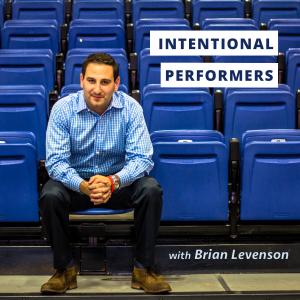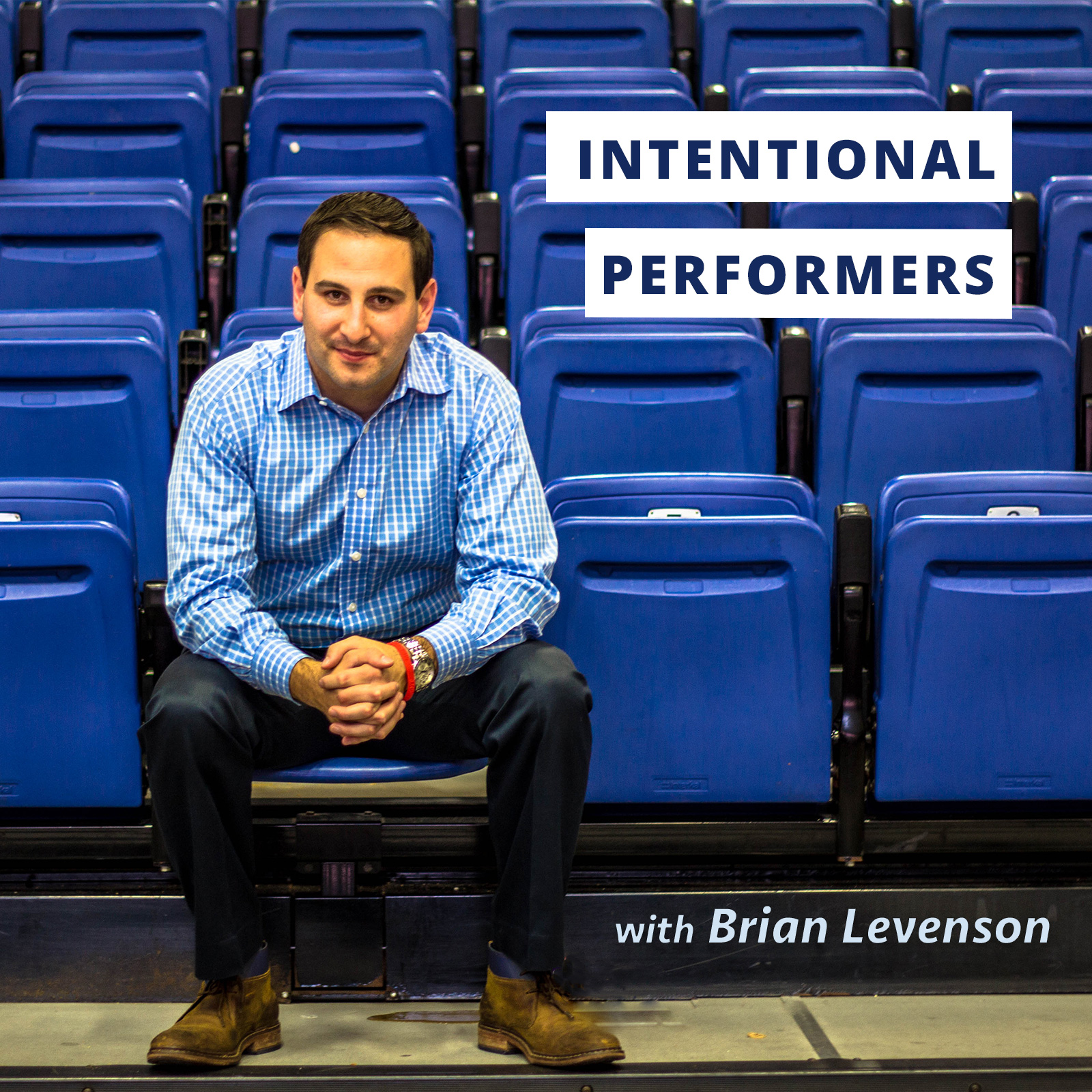Episodes

Wednesday Aug 30, 2023
Susan Chapman-Hughes on Empathetic Leadership
Wednesday Aug 30, 2023
Wednesday Aug 30, 2023
Susan Chapman-Hughes has quite an impressive resume. Currently, she consults with several Fortune 1000 C-Suite leaders as they embark upon transformation and try to change their organization. She’s the co-host of “Navigating the Work Compass” every Wednesday at Noon EST on LinkedIn Live, and is the author of the upcoming book Why Should I Follow You, which is a primer on connected leadership. And today’s conversation really dives into what Susan thinks are best practices when it comes to leadership, specifically around empathetic leadership and the power that comes with empathy. She’s an Independent Director of the JM Smucker Company, where she serves on the Compensation Committee. She’s also an Independent Director of Toast and chair of the Compensation Committee over there. Previously, she served as an Independent Director at Potbelly Corporation, where she led both the Compensation and Audit Committees. She most recently was the Executive VP and GM of Global Digital Capabilities, Transformation, and Operations in the Global Commercial Services Division at American Express, where she led the digital transformation of customer experience and drove the use of big data, predictive analytics, and machine learning to power business strategy.
Susan had a number of amazing insights during our conversation. Some of them include:
“Writing a book is probably one of the hardest things I’ve ever done in my life” (5:55).
“The power of growing great leaders was really the key to success for me in business” (6:45).
“I always had to lean on the talents skills of the people around me” (7:05).
“Being an empathetic leader gave me this leg up” (7:15).
“Everybody’s role is important, and I think sometimes we forget that” (9:05).
“The bigger your organizations get, the more you realize the key to leadership is really around how you connect with people, how can you galvanize them around the strategy and the ideas that you want to work towards, how can you empower them to go and execute, can you have shared goals and shared interests, and can you create a situation where conflict can be resolved constructively for the good of the organization? And that all starts with trust” (9:15).
“Well-meaning doesn’t always translate into empathetic” (10:00).
“The pandemic showed us the difference between leaders who connect with their folks and leaders who don’t” (10:55).
“[Going towards hard things] is a part of who I am” (12:35).
“Being a black CEO of a company was not a thing when I was young” (13:40).
“[I do hard things] because I have a passion for learning” (15:00).
“When you push yourself out of your comfort zone and you try to work on things that you’re not good at, in situations where the stakes are really low, it actually creates a tremendous opportunity for growth in a way that’s not hurtful to you” (17:45).
“What can I give to be impactful with the things I’ve been gifted with?” (20:45).
“I have to role model what integration looks like for [my daughter] so that as she gets older and wants to pursue her passions and her dreams, she feels like her choices don’t have to be binary” (30:20).
“My role as a parent is not to inform or impose my will on [my daughter], it is actually to help figure out what it is she wants and help her to guide that in a way that will impact the world” (31:40).
“Motherhood is the hardest job I’ve ever had, and it changes every day” (34:20).
“Being a parent forces you to have to be flexible” (36:25).
“The tenets of leadership aren’t hard, but the commitment to doing it takes effort and engagement” (42:30).
“Come as coachable” (46:50).
“I’d much rather have someone who’s pretty good who’s willing to learn and grow, who’s open and coachable, who’s always going to be thinking about the team, than somebody who’s just brilliant and can’t get along with anybody” (47:15).
“The leaders who I respect the most are the ones who saw me, who understood who I was, what I was trying to accomplish, were not intimidated by that, could appreciate who I was as a person, and really worked hard to help me” (48:00).
“The reason why I’m self-aware is because I seek [feedback], I’m always looking for [it]” (48:50).
“The more you can prepare an organization to be a change absorber and to integrate, the more likely you’re going to be to have people who connect and want to be there” (51:45).
“Staying humble but being decisive is very important [as a CEO]” (52:30).
“You can be [compassionate to people] and yet not know what they actually need” (1:00:50).
Additionally, you can find Susan’s website here and follow her on Twitter, Instagram, and LinkedIn as well.
Thank you so much to Susan for coming on the podcast!
I wrote a book called “Shift Your Mind” that was released in October of 2020, and you can order it on Amazon and Barnes and Noble. Additionally, I have launched a company called Strong Skills, and I encourage you to check out our new website https://www.strongskills.co/. If you liked this episode and/or any others, please follow me on Twitter: @brianlevenson or Instagram: @Intentional_Performers.
Thanks for listening.


No comments yet. Be the first to say something!